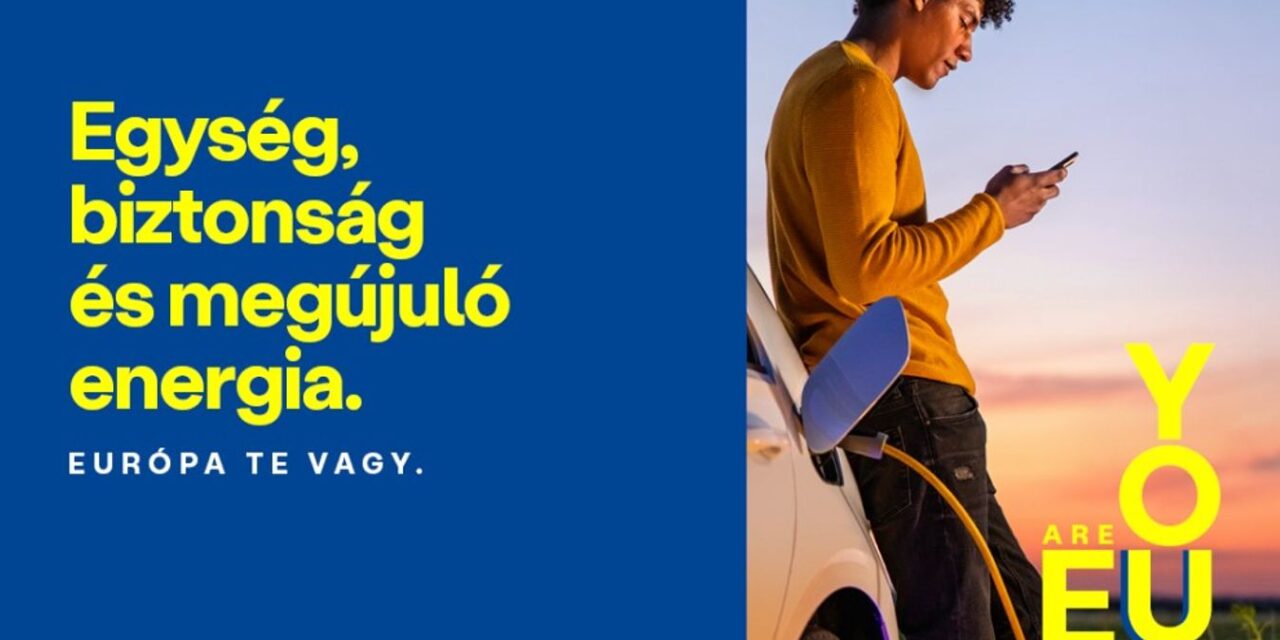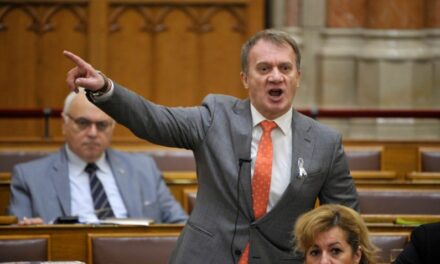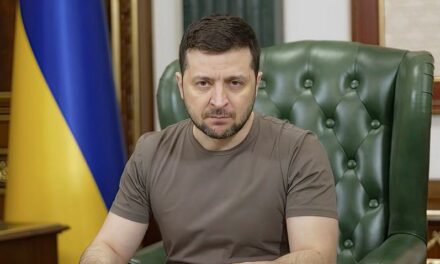I don't claim to be a complete fan of Hungarian government posters, but a picture of Soros and a saying "Let's not dance as they whistle" are at least somewhat in sync with each other and resonate with the thoughts of a significant part of the citizens.
Gray weekday in January. After the citizen heard on the news that the Romanian farmers are protesting against the duty-free nature of Ukrainian products in Constanța, and the French are protesting against excessive regulations in the countryside of Brittany; after taking note of the results of the latest large-scale survey conducted in Saxony, according to which, although the majority of Saxons still consider their financial situation to be (relatively) good,
more than half of the respondents now sometimes feel like strangers in their own country "because of the many Muslims", compared to 38 percent two years ago,
moreover, according to exactly one third, the country now resembles a dictatorship more than a democracy; furthermore, after the citizen ran through the recently aired Dutch study, according to which an average African asylum seeker costs the Dutch public finances 625,000 euros (i.e. 242 million forints), while an EU citizen studying in the Netherlands brings him 75,000 euros for the kitchen - so after he figured it out the citizen from the EU situation,
he goes out to the nearest bus stop and finds himself face to face with the current poster of the European Commission:
a relaxed Maghrebi guy is charging his shiny-flashing electric car in the middle of the prairie, looking at something on his phone.
Next to it is the inscription: "Unity, security and renewable energy. You are Europe.”
I don't claim to be a complete fan of Hungarian government posters, but a picture of Soros and a saying "Let's not dance as they whistle" are at least somehow in sync with each other and resonate with the thoughts of a significant part of the citizens; at least compared to the fact that the concept of European "unity" and "security" is illustrated by a loitering twenty-year-old African immigrant. Who is apparently waiting for his Verda's battery to be recharged.
And with whom I should somehow identify there, on that gray weekday in January, at the bus stop.
But one should not make general conclusions based on a single image - so (although there is no information on the poster about where to go for more details) I diligently searched the website of the European Commission's poster campaign, where the message was clarified: we all have to do our part for renewable energy from "transition efforts". "May our children and grandchildren float before our eyes as we focus on our common goals of preserving our democracy, our economy, and a peaceful and independent Union."
On another poster, a muscular blond young man is installing a solar collector, for example, he is taking part in the efforts;
but let's not be prejudiced: in fact, our immigrant friend does the same, who not only browses the Internet in the sunset, but also multitasks while charging his car.
The campaign is taking place thanks to a public procurement contract awarded in 2022: at that time, the European Commission led by Ursula von der Leyen entrusted a Berlin company with the marketing activities instead of a regular tender, saying that it was "extremely urgent" to draw the attention of citizens to the efforts for energy independence within the framework of a communication campaign. on the importance and manner of personal struggle. This is how we arrived at the current (now at least the second) round of the campaign, where, besides the exemplary guy from Maghrebi, an additional poster
With the caption "Democracy, diversity and climate protection", it shows us a woman posing as a model in front of a wind farm.
Which makes the little person almost overflow with the desire to do something and he would even go to the section of the campaign website about concrete action options - except that, despite the great efforts, it was not possible to translate it from English to other languages. Key information is available in machine translation under the title "Playing My Role". In any case, the tips are understandable: in addition to the well-known call to "heat/cool our apartment less", we learn, for example, that remote work should be encouraged, which can be done in the case of more than a third of workplaces. “Every time you work from home, you save money and avoid burning fuel,” goes the argument. From Brussels where
last year, the competent MEPs (including Katalin Cseh) voted for a 99-year lease of another office building in Strasbourg, thus further cementing the traveling circus between Brussels and Strasbourg.
One can understand the interests of the French, but if the goal is for everyone, really everyone, to do something to reduce energy consumption, then it is not too fair to consider the (undoubtedly useful, (but unfortunately predisposes many to burnout and/or isolates) remote work, in the case of EU politicians, commuting to one less country does not even arise.
Then there is also such a crazy suggestion on the campaign website that people living in big cities should not get in a car on Sundays.
Don't take your grandfather to the church, understand now, we need to unite and make sacrifices here!
Would you be able to undermine the peace and independence of our Union by packing your family into the car every Sunday and visiting your grandparents in the countryside?? On the other hand, if you take the tram to a shopping mall on Sunday, that's fine, you've already taken a step towards the green transition.
Don't get me wrong: if there is an energy-saving European model, it would undoubtedly be me, with an almost 100 percent home office and 0 motorized vehicles (the current setting of the thermostat is 19.5 degrees, but at nine in the evening it switches to 17 degrees, guess), but still somewhere, it's all rather dark. While it is slowly becoming a kind of moral obligation to work from home for economical reasons (whether the housing conditions and personality traits are suitable for this or not),
the 20-story Icon of the Seas cruise ship, capable of accommodating nearly 10,000 people, has just started its first holiday cruise with its 27-meter-long LNG tank,
and although it currently sails in the Caribbean Sea, its more outdated sister, the 18-story Odyssey of the Seas, for example, regularly visits the shores of Europe. In 2023, records were broken one after the other: nearly 900,000 passengers visited Valletta's cruise port, and the sector is looking forward to the launch of 50 brand new ships scheduled for 2028. Lisbon's similar port proudly proclaims that 2023 was its best year ever (even with an impressive 33 percent increase over 2019);
In Spain, more than 12 million people disembarked from such floating cities last year.
Fortunately, for the sake of environmental protection, ships can be connected to land-based electricity in more and more ports, which is undoubtedly an important development; on the other hand, it's a bit backwards that Marika's aunts don't go by car to look after their grandchildren on Sundays in the spirit of the green transition, while Odyssey of the Seas passengers can play casinos and surf simulators at any time on a resource-hungry holiday ship somewhere else in Europe. (In the port of Copenhagen, for example, such a ship consumes as much electricity as 27,000-42,000 local households during the same period.)
However, the European Commission does not call for any kind of self-restraint or sacrifice in relation to this kind of entertainment.
"If it's practical and affordable, take the train, don't fly"
- that's the infinitely novel advice. Or, you know, use your new e-car like good Abdul.
But if the plan was actually for the European Commission to demonstrate in the context of a communication offensive how much it is on the same level as Momentum in recognizing the needs of the average citizen and in offering efficient, effective and reasonable (horribile dictu: original) solutions, then the poster campaign can actually be said to be successful .
Source of featured image: https://you-are-eu.europa.eu/












